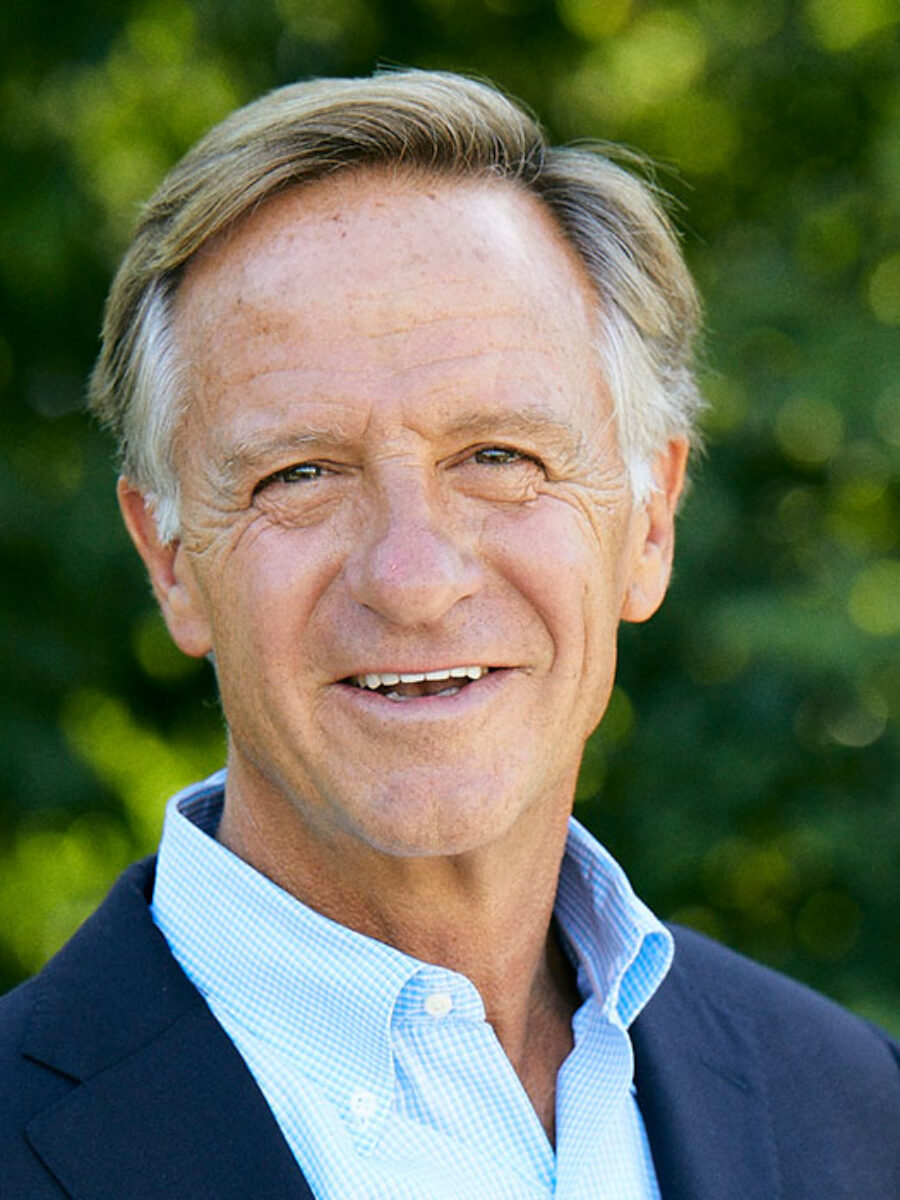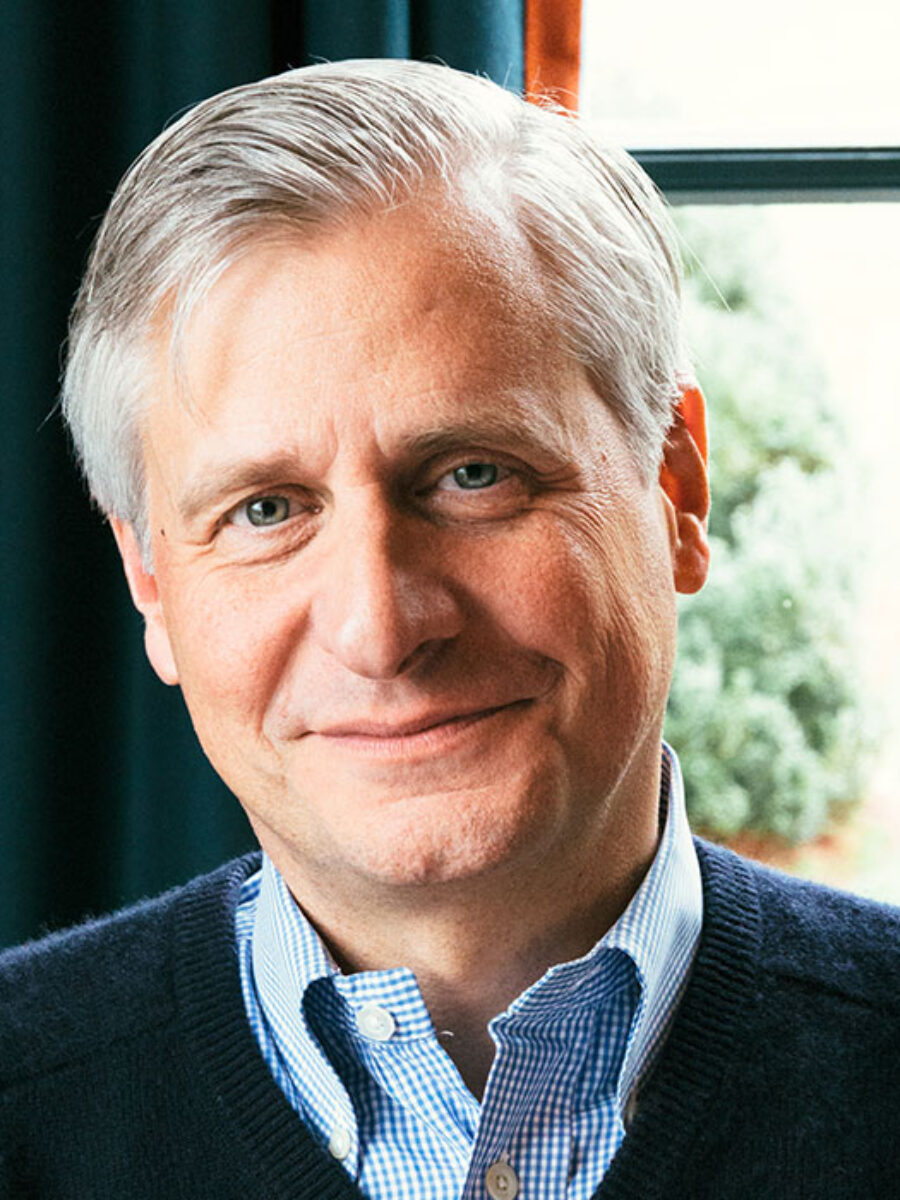Tues., Mar. 19 at 4 p.m. Ukrainian Ambassador Oksana Markarova
A conversation between Oksana Markarova, Ukrainian ambassador to the United States, and Morgan Ortagus, former spokesperson for the U.S. Department of State, will be Tuesday, March 19, at 4 p.m. CT at the John Seigenthaler Center. Markarova’s participation will provide attendees with an invaluable opportunity to learn about Ukraine’s challenges and geopolitical stance.



